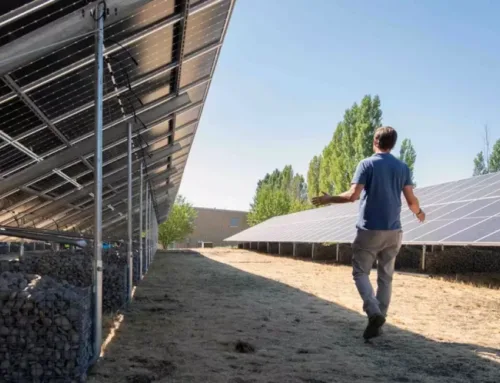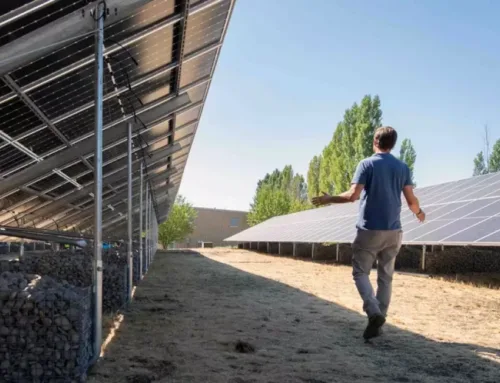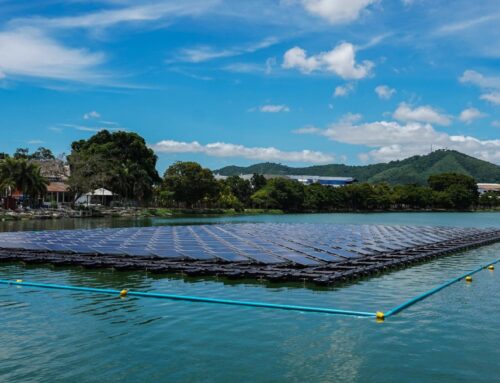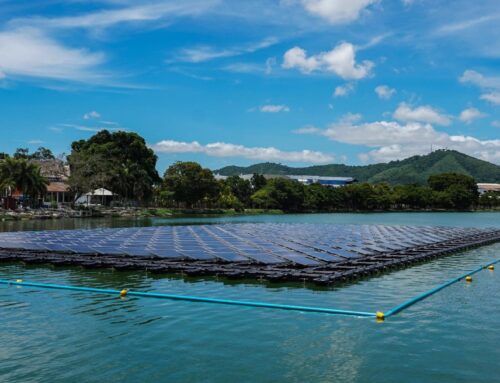Environmental groups warn Clean Water Act amendment threatens flood protection, wildlife
November 24, 2025
ASHEVILLE, N.C. (WLOS) — The Environmental Protection Agency and the U.S. Army Corps of Engineers proposed an amendment to the Clean Water Act that would make it so wetlands and streams that are seasonal or flow inconsistently would no longer be protected by the act.
Mark Sabath with the Southern Environmental Law Center says this proposed amendment is the most extreme interpretation of which waters are federally protected that they have ever seen.
WESTERN NORTH CAROLINA GETS $86M FOR WATER PROJECTS IN FIVE COUNTIES HIT BY HELENE
“The result of that is that a lot of these small streams again that feed our bigger waters downstream won’t be covered, and that will make it that much harder to protect the integrity of the downstream waters,” Sabath said.
Sabath explains that this proposed amendment would make it so that, in order for a wetland to be federally covered, it would have to prove there is surface water present throughout the wet season.
However, Sabath says it’s not clear to him how they plan to test that.

NOV. 23, 2025 – The Environmental Protection Agency and the U.S. Army Corps of Engineers proposed an amendment to the Clean Water Act that would make it so wetlands and streams that are seasonal or flow inconsistently would no longer be protected by the act. (Photo: WLOS Staff)
“They say they can’t really estimate exactly what the impacts would be, but then they do suggest that upwards of 80% of wetlands would not be covered by this rule,” Sabath said.
The Nature Conservancy released a statement on Nov. 17, which said in part, “We encourage the United States Environmental Protection Agency and the Army Corps of Engineers to continue working toward a more holistic approach to protecting U.S. waters.”
News 13 also reached out to MountainTrue, which sent a statement saying in part, “Western North Carolina is a headwaters region full of small streams and sensitive wetlands under attack in this proposal. Without wetlands, flood waters have nowhere to go, seeping further into our homes, businesses, and built environment.”
Sabath is not only concerned about flood protection but also for wildlife and how this proposed rule will affect the role wetlands and streams play in filtering drinking water.

NOV. 23, 2025 – The Environmental Protection Agency and the U.S. Army Corps of Engineers proposed an amendment to the Clean Water Act that would make it so wetlands and streams that are seasonal or flow inconsistently would no longer be protected by the act. (Photo: WLOS Staff)
“Wetlands are the best protection we have against floods. They are nature’s sponges and they absorb flood waters,” Sabath said.
As for this proposed amendment, he says there’s a 45-day comment period that opened last week.
“They will presumably finalize a rule that might be exactly the same as the proposal, or it might respond to some of the comments and be different as a result,” Sabath said.
The comment period goes until January 5, 2026.
ASHEVILLE TO BEGIN NORTH FORK WATERSHED HELENE DEBRIS REMOVAL TO PROTECT WATER SYSTEM
View the full MountainTrue statement below:
“MountainTrue strongly opposes the newly announced draft rule from the U.S. Environmental Protection Agency and the Department of the Army that would further narrow the definition of ‘waters of the United States.’ This proposal strips federal safeguards from many rivers, wetlands, and headwater streams that are essential to the health and safety of communities, particularly in Western North Carolina.
By weakening the Clean Water Act yet again — on top of the Supreme Court’s 2023 decision in Sackett v. EPA — this rule removes protections from wetlands and small streams that filter pollution, support trout and other sensitive wildlife, and reduce the severity of flooding. In a region still recovering from Hurricane Helene, it is hard to imagine a worse time to undermine the natural systems that protect our homes, supply our drinking water, and power our recreation economy.
Western North Carolina is a headwaters region full of small streams and sensitive wetlands under attack in this proposal. Without wetlands, flood waters have nowhere to go, seeping further into our homes, businesses, and built environment. Additionally, small streams provide
habitat for sensitive wildlife like endangered mussels and beloved salamanders, and supply the drinking water systems we all rely on.
When federal protections recede, our communities are left more vulnerable. As our recovery from Hurricane Helene continues, it is more important than ever to ensure our natural systems are intact to help protect us from future flood events. MountainTrue and our Riverkeepers will be engaging fully in the public comment process, educating our communities about what is at stake, and working with partners across the state to defend clean water protections.
This is part of a troubling pattern from EPA leadership: rolling back clean water safeguards, weakening protections from toxic pollution, and prioritizing corporate interests over public health. These decisions are not abstract — they directly affect the water our families drink, the rivers we
fish and paddle, and the wetlands that shield our mountain towns from storm damage.
Clean water is not optional. It is essential to our health, our economy, and our resilience. We will continue fighting for the strong safeguards that every community in Western North Carolina deserves.”
BE THE FIRST TO COMMENT
To submit a public comment, visit here.
Search
RECENT PRESS RELEASES
Related Post




